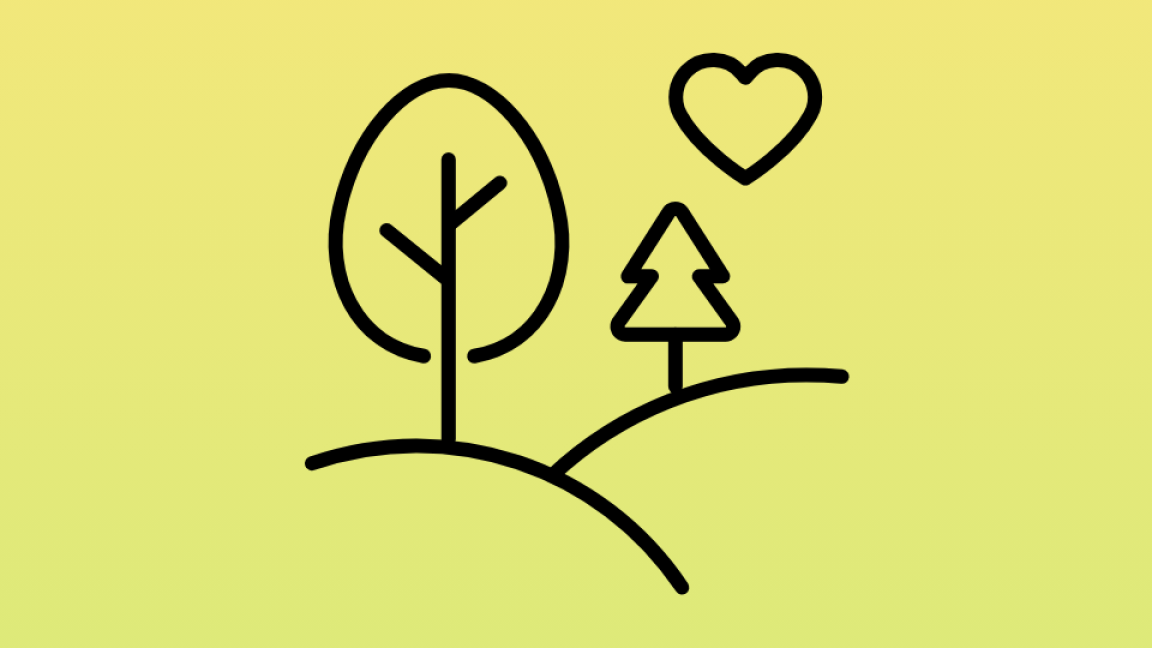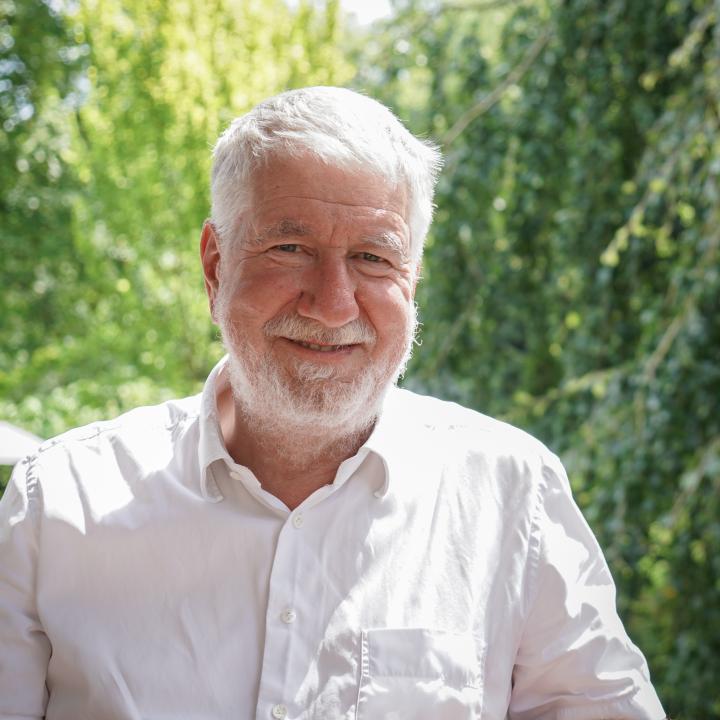Forests cover one-third of the Earth's land mass and have profound effects on the climate and biodiversity, both locally and globally. Landscapes with high tree cover can cope better with the impacts of climate change. Nonetheless, around ten million hectares of forest disappear every year to make way for the production of meat, soy or palm oil, or through mining, slash-and-burn clearance or urban developments.
GIZ supports authorities, local people and companies in using the forests sustainably without destroying them. Working together, we develop ways to restore landscapes with large numbers of trees. In areas where global markets influence what happens with the land locally, we contribute to creating fair value chains. This involves harmonising the needs of local people with forest protection.

